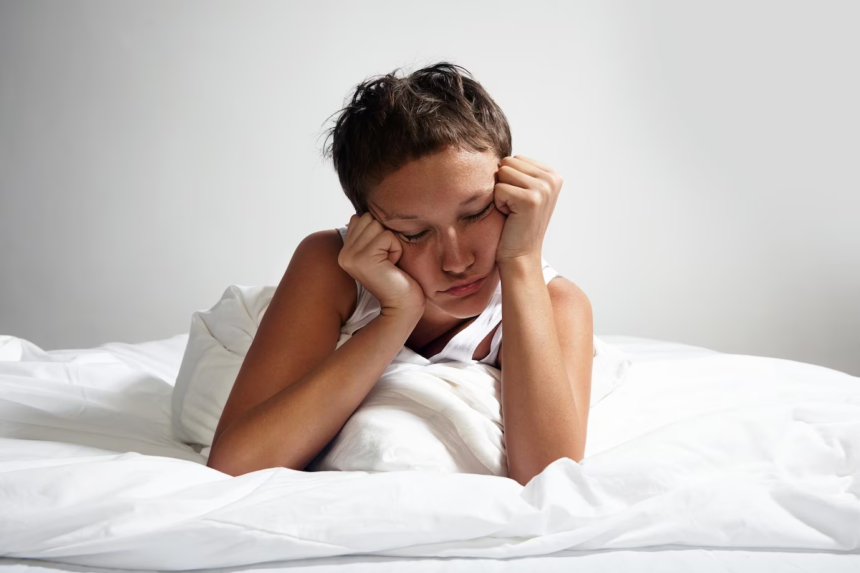Attention-deficit/hyperactivity disorder (ADHD) is a neurodevelopmental condition characterized by symptoms such as inattention, hyperactivity, and impulsivity. While ADHD primarily affects cognitive and behavioral functioning, it can also have a significant impact on sleep patterns. South African individuals with ADHD often struggle with sleep difficulties, making it crucial to address and promote healthy sleep patterns in this population. By understanding the unique challenges they face and implementing appropriate strategies, we can enhance their overall well-being and quality of life.
Sleep problems are highly prevalent among individuals with ADHD. They may experience difficulties falling asleep, staying asleep, or having restorative sleep. The relationship between ADHD and sleep disturbances is complex and multifactorial. Factors such as hyperactivity, racing thoughts, emotional dysregulation, and medication side effects can all contribute to disrupted sleep patterns.
One of the primary challenges for individuals with ADHD is hyperactivity, which can manifest as restlessness and an inability to settle down at night. Creating a structured and calming bedtime routine is essential. Establishing a consistent sleep schedule, engaging in relaxation techniques like deep breathing or progressive muscle relaxation, and creating a quiet and comfortable sleep environment can help individuals with ADHD transition to a more relaxed state conducive to sleep.
Another common sleep issue associated with ADHD is difficulty in switching off the mind and quieting racing thoughts. Mindfulness-based practices, such as meditation or guided imagery, can be effective in calming the mind and promoting a sense of tranquility before bedtime. These practices help individuals focus their attention on the present moment, reducing cognitive arousal and facilitating a smoother transition to sleep.
Reducing stimulant exposure in the evening is crucial for individuals with ADHD. Stimulants, commonly prescribed for managing ADHD symptoms, can interfere with sleep initiation and maintenance. It is important to work closely with healthcare professionals to optimize medication dosages and timing to minimize their impact on sleep. Non-stimulant alternatives may also be considered for individuals with ADHD who experience significant sleep disturbances.
Maintaining a healthy lifestyle is essential for promoting good sleep in individuals with ADHD. Regular physical exercise during the day can help burn excess energy, improve mood, and regulate sleep-wake cycles. However, exercise should be avoided close to bedtime as it may have stimulating effects. A balanced diet and limiting caffeine intake, particularly in the afternoon and evening, can also contribute to better sleep quality.
Creating a sleep-friendly environment is vital for individuals with ADHD. Minimizing noise, ensuring a comfortable mattress and bedding, and keeping the bedroom cool and dark can optimize sleep conditions. Reducing exposure to electronic screens, such as smartphones, tablets, and computers, before bedtime is crucial as the blue light emitted from these devices can disrupt the body’s natural sleep-wake cycle. Implementing a “digital curfew” at least one hour before bed can help individuals wind down and prepare for sleep.
In addition to implementing lifestyle changes, cognitive-behavioral therapy for insomnia (CBT-I) can be highly beneficial for individuals with ADHD and sleep difficulties. CBT-I is a structured therapy that focuses on identifying and modifying negative thoughts and behaviors that contribute to poor sleep. It can help individuals develop healthier sleep habits, manage racing thoughts, and address anxiety or worry about sleep.
Support and education for individuals with ADHD and their families are crucial components of promoting healthy sleep patterns. By raising awareness about the link between ADHD and sleep disturbances, healthcare professionals can provide guidance and resources to help individuals and their families understand the importance of sleep hygiene and implement effective strategies. Support groups and educational programs specific to ADHD and sleep can provide a platform for sharing experiences, discussing challenges, and learning from others who have successfully managed sleep difficulties.
In conclusion, promoting healthy sleep patterns for South African individuals with ADHD is essential for their overall well-being and daily functioning. By addressing the unique challenges they face, implementing lifestyle modifications, considering appropriate medication adjustments, and utilizing evidence-based interventions such as CBT-I, we can help individuals with ADHD improve their sleep quality, manage their symptoms more effectively, and enhance their overall quality of life. Through a comprehensive and individualized approach, we can empower South Africans with ADHD to achieve restful and rejuvenating sleep.










